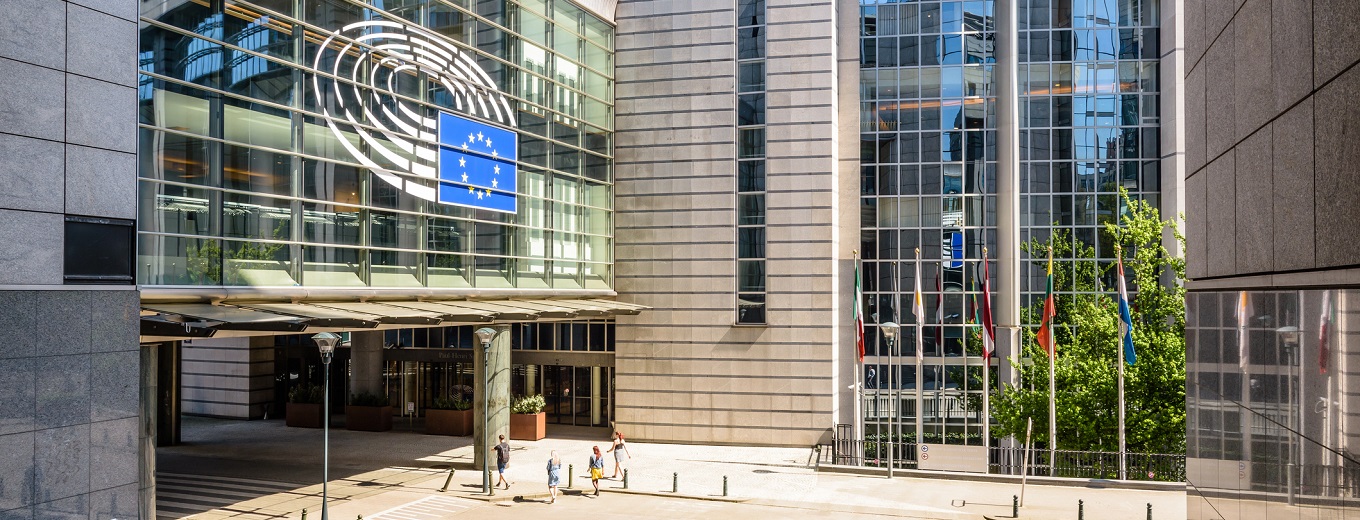In a new Parliament resolution, the MEPs propose to triple the Erasmus+ budget to overcome participation hurdles for underrepresented groups of young people.
On 16 January 2024, the European Parliament (EP) adopted a resolution on the implementation of the Erasmus+ programme with a large majority. The text was drafted by MEP Milan Zver (EPP, Slovenia) and negotiated last autumn. It takes stock of the success and the challenges of the current programme and makes suggestions how to adapt and improve it going forward, already preparing the ground for the successor programme from 2028. The proposal for the next Erasmus+ programme is expected for 2025.
The implementation report begins with the observation that the demand for the Erasmus+ programme largely exceeds the budget, which “negatively affects participation”, and that at the same time inflation is adding to the difficult financial situation of the programme. When it comes to the setup, however, the EP estimates that the current structure of the programme works well. It is also pointed out that the error rate among the submitted proposals is very low compared to other Union programmes, due to the clear structure and good support measures.
The resolution further mentions a number of challenges that were observed: i. grants are insufficient to cover costs of mobility, ii. grant payments were delayed, iii. the application process remains time-consuming and complicated, which disadvantages small organisations in particular, iv. a significant share (about a third) of all mobile higher education students did not receive the full credit recognition of their courses abroad, which is in breach of the commitments of the Erasmus Charter for Higher Education (ECHE), v. the slow and incomplete development of the IT infrastructure hampers implementation.
Based on this assessment of the implementation, the MEPs subsequently formulate recommendations for the improvement of the current and the design of the future Erasmus+ programme. The current Erasmus+ programme saw a number of novel actions and innovations, which are mostly welcomed by the EP. They suggest, however, that the programme could be simplified by a possible merger of actions and sub-actions in order to counteract a perceived “overload with new tasks and initiatives”. This effort of simplification should also be applied to application procedures and participation requirements. With regards to the European Universities Initiative (EUI), the EP calls on the European Commission (EC) to evaluate the EUI alliances’ “readiness for autonomy” to see what support and future funding they might need in order to assure a “sustainable continuation” of their work. Despite many declarations and efforts to increase synergies between Erasmus+ and other programmes, only limited concrete steps could be taken. The EP therefore continues to call for synergies to be “fully exploited”. This does not only concern synergies between the various EU programmes but also within the different education sectors in Erasmus+. Finally, the resolution wants to significantly improve the participation rate and the inclusivity of Erasmus+ funded learning mobility. In order to render grants sufficient and to provide funding appropriate to reaching the EU’s mobility targets (see SwissCore article), the EP calls for a tripling of the Erasmus+ budget for the next programme.
At the time of the adoption of this resolution, the EP rejected a motion to unfreeze the Erasmus+ funds for a number of Hungarian universities due to rule of law concerns. Instead, the EP calls on the Hungarian government to “immediately put in place the necessary reforms so that Hungarian students, teachers and researchers may benefit from the Erasmus+ programme”.
With regards to Switzerland, the resolution highlights that “all interested countries meeting the requirements of the programme, including Switzerland and the UK, are welcome to join the programme and thus contribute to European learning mobility”. This shows that the European Parliament remains supportive of Switzerland to return to the Erasmus+ programme in the near future.

